
Diving Into Desire (TANHA : ตัณหา)

Diving Into Desire (TANHA : ตัณหา)
Collage of flame candle drawings on paper
110cm x 76cm
2017
Tanha (meaning ‘desire’ in Pali) is an obstruction to wisdom when we want something and grasp for it, cling to it. I express this concept with the visual metaphor of swimming in the mysterious pool of desire, pursuing our desires and ultimately being trapped by them. We become caught in the movement of striving to become happy by seeking to become wealthy. So this sense of wanting to become something other than what you are right now affects us all. Desire has power over us and deludes us only as long as we grasp it, believe in it and react to it. Tanha will always exist but to recognise its power is to start to let it pass through us, rather than allowing ourselves to become caught up by it and lose all common sense because of it.

MOHA : หลง

MOHA : หลง
Flame candle drawings on paper
320cm x 340cm x 410cm
2016
“Moha” is a large scale, site specific installation made from white paper (a symbol of purity in Buddhism), with the reverse side scorched by candle flames. The installation is suspended over the head of the viewer, causing it to loom over them.
Moha means ignorance or delusion in Pali. Buddhists see moha as the inability to see the truth about things, to see things as they really are. This ability to see the truth is not a question of either eyesight or education. Buddhists believe that there are many truths about the world that people are ignorant of, because of the limits of their understanding.
The MOHA installation examines the nature of desire and the years leading up to the menopause, exploring how the female mid-life crisis can express itself through thoughts of infidelity, engendered by romantic illusions.

LOBHA I : โลภ I

LOBHA I : โลภ I
Flame candle drawings on paper in acrylic box
70cm x 50cm x 12cm
2016
"LOBHA I" is one of a series of works called KILESA. It is a relief sculpture, made from white paper scorched by candle flames, inside an acrylic box. The series explores the nature of greed (‘Lobha’ in Pali) in driving human desire to seek to attain states of happiness that are, ultimately, unattainable and to anticipations of contentment that prove not to endure.
We feel fulfilled when we obtain the objects of our desire. But sooner or later greed creates an inner hunger such that we always seem to be striving towards an unattainable goal. We mistakenly believe our happiness is dependent upon that goal, but once we attain it we feel no lasting satisfaction. Influenced by greed, we are and never will be content.
KILESA IV : กิเลส IV (Diptych)
Kilesa (meaning ‘defilements’ in Pali*) signifies impurity or delusion. According to Buddhist psychology, the mind is fundamentally pure but it is defiled by unwholesome qualities that stand in the way of spiritual practice and obstruct wisdom. They are like little clouds that descend on the head and when you look through them you see everything in a different colour, blurred or distorted.
The major types of defilements are:
Lobha (desire or greed) that suddenly makes some things appear very desirable
Dosa (anger or hatred) that makes some things appear very wrong
Moha (ignorance or delusion) that causes confusion over the realities of a situation
When we feel anger, greed or delusion we experience turbulence inside of ourselves, as if there were a fire burning. Kilesa influences our minds and changes the way we think and act. The burning then manifests itself through verbal and/or physical expression. When Kilesa takes over us it lights a fire that becomes all-consuming and is difficult to extinguish.
*Pali is the language of the scriptures of Theravada Buddhism, which were written in Sri Lanka during the 1st century BC. Today Pāli is studied mainly by those who wish to read the original Buddhist scriptures, and is frequently chanted in rituals.

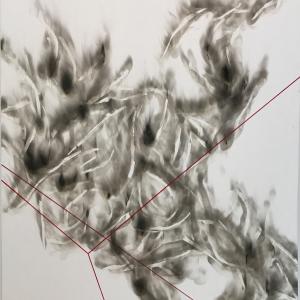

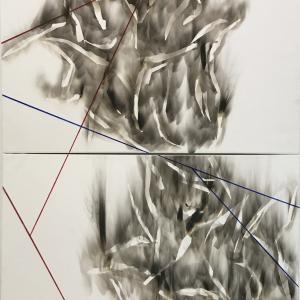

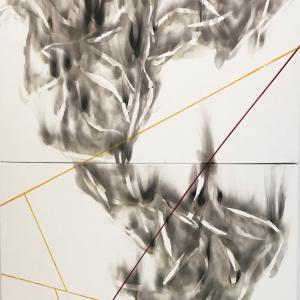


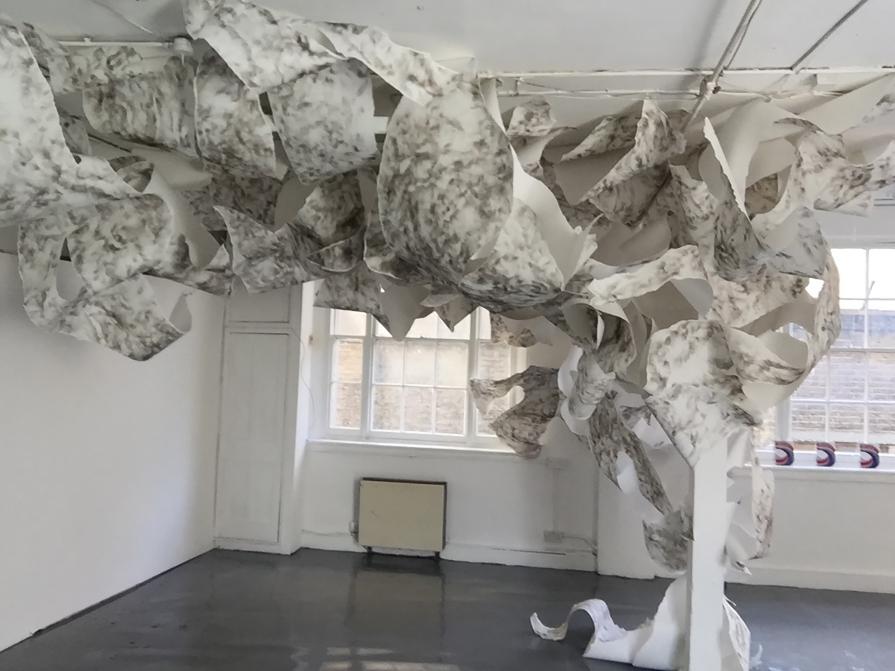



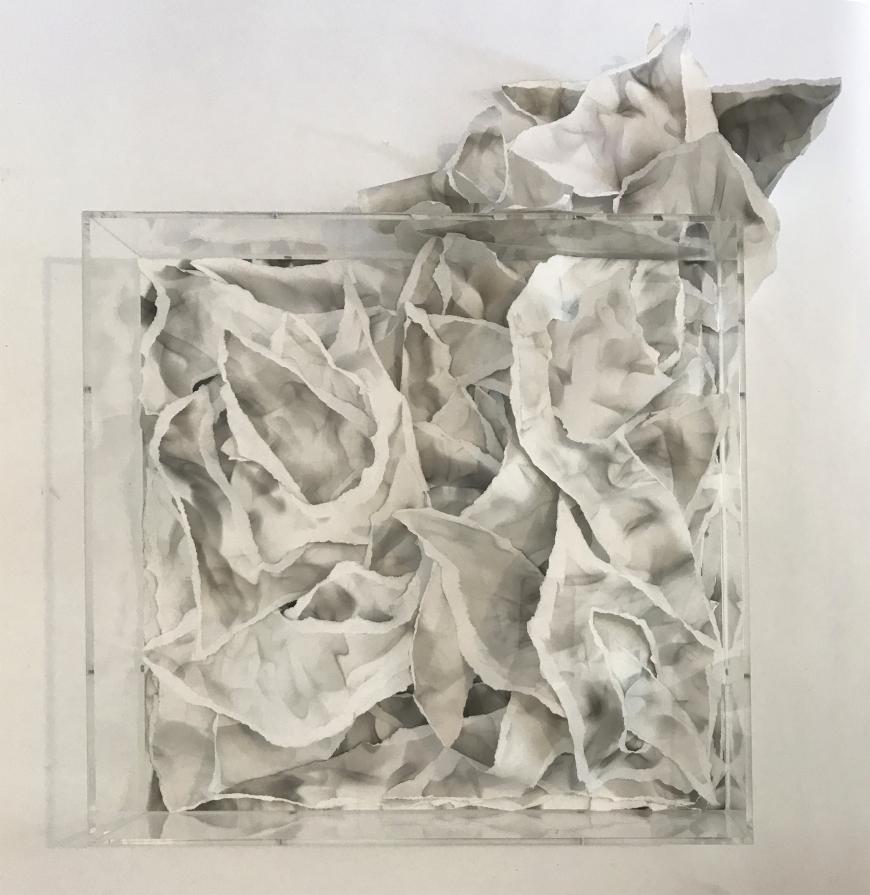










Comments 1
Say something